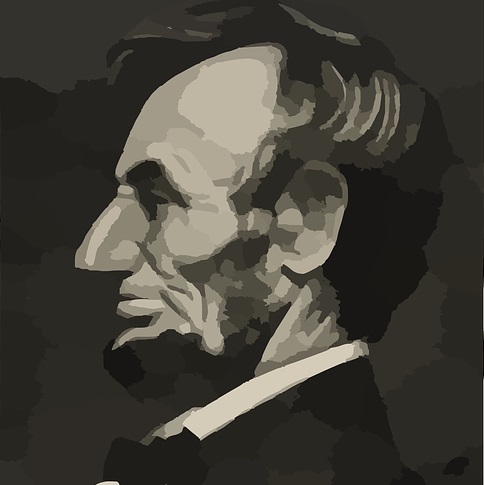
by Richard Subber | Oct 5, 2022 | American history, Book reviews, Books, History, Politics
a casual look at Civil War history
Book review:
A History of the People of the United States
During Lincoln’s Administration
by John Bach McMaster
New York: D. Appleton and Company, 1927
693 pp.
This is an intriguing historical excursion into American history from the vantage point of 1927.
McMaster’s style is notably less than academic—his very casual quotation style is a distraction.
Basically, he offers a sometimes superficial political perspective on the origins, conduct, and denouement of the American Civil War.
A well-informed reader can skim A History without undue loss.
* * * * * *
Book review. Copyright © Richard Carl Subber 2022 All rights reserved.
Old Friends (book review)
Tracy Kidder tells truth about old age…
–
As with another eye: Poems of exactitude with 55 free verse and haiku poems,
and the rest of my poetry books are for sale on Amazon (paperback and Kindle)
and free in Kindle Unlimited, search Amazon for “Richard Carl Subber”
* * * * * *
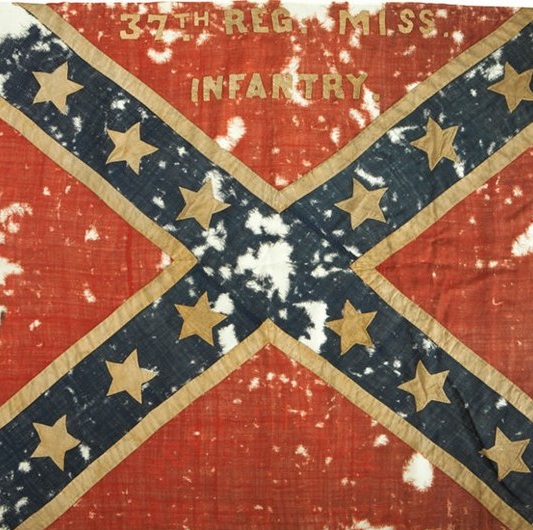
by Richard Subber | Sep 28, 2022 | American history, Book reviews, Books, Democracy, History
…they just walked away…
Book review:
Ends of War:
The Unfinished Fight of Lee’s Army
after Appomattox
by Caroline E. Janney
Chapel Hill, NC: The University of North Carolina Press, 2021
331 pp.
I thought I know a lot about the American Civil War. Janney’s book, Ends of War, is a good reminder that there’s lots more to learn.
Lee surrendered his army to Grant on April 9, 1865. Of course it’s pretty well known that other Confederate Army units were still fighting for several months after that event.
Janney confirms this stark point: for tens of thousands of Confederate soldiers, the war didn’t end then. They just stopped actively fighting the Union forces.
Close to half of Lee’s men never actually surrendered at Appomattox, and this unappreciated reality was part of the foundation of the dangerous Southern mythology of the “Lost Cause.”
Lee had a bit less than 50,000 men under his command when he signed the surrender document in Wilmer McLean’s house. Less than 30,000 of Lee’s men were officially but very haphazardly “paroled” in the days following the surrender.
At least 20,000 men in dirty gray uniforms walked or rode away from Appomattox without officially surrendering, most of them hoping to head for home. Many of them remained devoted to “the cause.”
It seems that Grant and Lincoln and the Union forces desperately wanted to end the fighting, but there was no real Northern plan to deal with the peace that was the presumptive goal, and to end the Southern insurrection, and to realistically bring the people of the rebel states back into the Union.
For my taste, the book is too long. I’m sure Janney could have established her argument, made her case, and proved her point in fewer pages.
* * * * * *
Book review. Copyright © Richard Carl Subber 2022 All rights reserved.
Book review: The Cradle Place
by Thomas Lux
just poems wrapped in a wet rag…
–
My first name was rain: A dreamery of poems with 53 free verse and haiku poems,
and the rest of my poetry books are for sale on Amazon (paperback and Kindle)
and free in Kindle Unlimited, search Amazon for “Richard Carl Subber”
* * * * * *
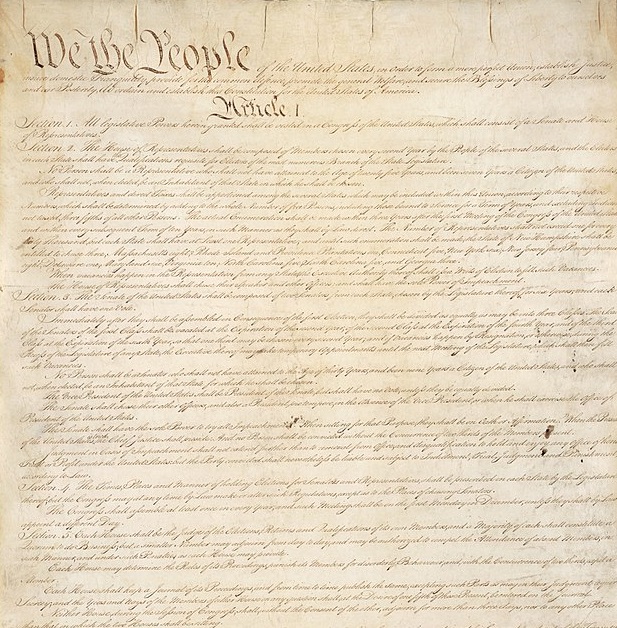
by Richard Subber | Sep 5, 2022 | American history, Book reviews, Books, History, Human Nature, Politics, Power and inequality, Revolutionary War
umm, they forgot about “patriotism”…
Book review:
The Political Depravity of the Founding Fathers:
Studies in the History of The United States
by John Bach McMaster
New York: Noonday Press, division of Farrar, Straus & Company, 1964
Originally published as With The Fathers in 1896
McMaster writes with the perspective of 125 years ago, and it’s all too obvious. However, this is not a fatal problem.
The Political Depravity of the Founding Fathers is a largely chronological elaboration of the many political and self-interested motivations that were the controlling factors in the creation of the Constitution, the Monroe Doctrine, George Washington’s presidency, and a broad scope of public concerns during the 19th century.
McMaster has not written anything like “love ya” biographies of the so-called Founding Fathers.
* * * * * *
Book review. Copyright © Richard Carl Subber 2022 All rights reserved.
Book review: The Sea Runners
…it informs, it does not soar…
by Ivan Doig
–
Above all: Poems of dawn and more with 73 free verse poems,
and the rest of my poetry books are for sale on Amazon (paperback and Kindle)
and free in Kindle Unlimited, search Amazon for “Richard Carl Subber”
* * * * * *
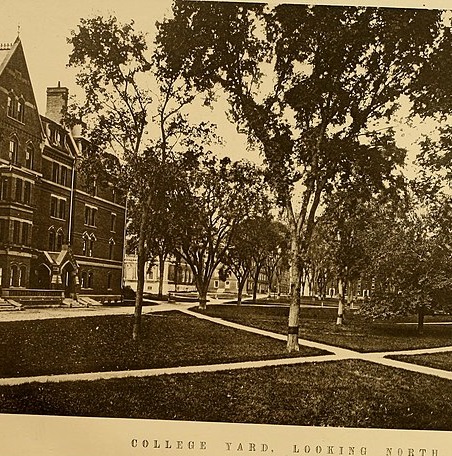
by Richard Subber | Aug 19, 2022 | American history, Book reviews, Books, History
Henry Adams was there…
Book review:
The United States in 1800
by Henry Adams
Ithaca, NY: Cornell University Press, 1955, 1966
132 pages
Henry Adams wrote a colossal History of the United States of America during the First Administration of Thomas Jefferson (1889).
This slim volume is the first six chapters of that history, and it’s doggone interesting reading even for the casual student of history. Adams offers a somewhat disconnected, but nevertheless insightful, potpourri of facts and personal observations about the people of the very young United States.
For example, he reports that in 1800 the organization and operation of Harvard College was not exactly what you would guess: the college had a president, a professor of theology, a professor of mathematics, a professor of Hebrew, and four tutors, and “the method of instruction [was] suited to children fourteen years of age; the instruction itself was poor, and the discipline was indifferent.” So much for a college education in 1800.
The United States in 1800 offers an apparently realistic and sometimes deprecating panorama of the people and culture of the United States in the early 19th century.
There’s no particular reason to think Adams didn’t really know what he was talking about.
* * * * * *
Book review. Copyright © Richard Carl Subber 2022 All rights reserved.
Book review: All The President’s Men
About the men and women
who crave power…
by Carl Bernstein and Bob Woodward
–
As with another eye: Poems of exactitude with 55 free verse and haiku poems,
and the rest of my poetry books are for sale on Amazon (paperback and Kindle)
and free in Kindle Unlimited, search Amazon for “Richard Carl Subber”
* * * * * *
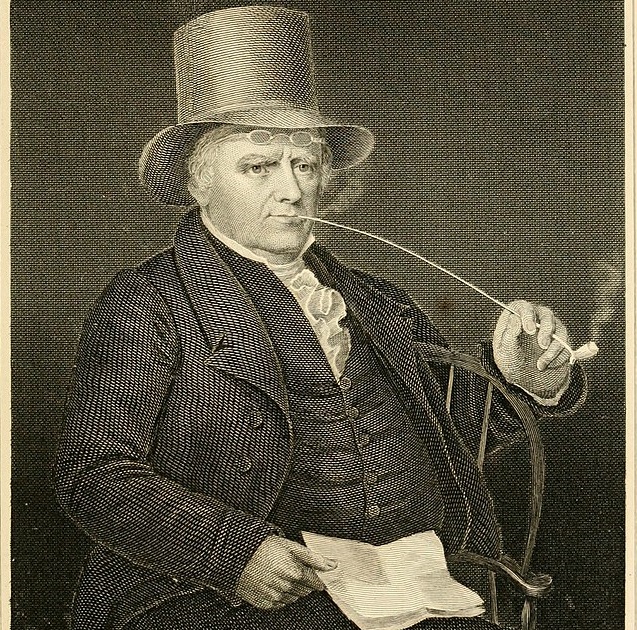
by Richard Subber | Jul 22, 2022 | American history, Book reviews, Books, Democracy, History, Politics, Power and inequality
Partisan politics, just like today…
Book review:
A Magnificent Catastrophe:
The Tumultuous Election of 1800,
America’s First Presidential Campaign
by Edward J. Larson
New York: Free Press, 2007
A Magnificent Catastrophe tells us about yet another nightmare in American history that we don’t know well enough.
Thomas Jefferson and John Adams went head to head in the first presidential campaign that was based on party politics and partisan venality and telling lies for political advantage.
In other words, just like today.
The election outcome in 1800 wasn’t clear cut—the politicians were at each other’s throats, and the public interest was lost in the shuffling.
Politics started getting its bad name more than 200 years ago.
* * * * * *
Book review. Copyright © Richard Carl Subber 2022 All rights reserved.
Book review: Forced Founders
by Woody Holton
The so-called “Founding Fathers”
weren’t the only ones
who helped to shape our independence…
–
As with another eye: Poems of exactitude with 55 free verse and haiku poems,
and the rest of my poetry books are for sale on Amazon (paperback and Kindle)
and free in Kindle Unlimited, search Amazon for “Richard Carl Subber”
* * * * * *
by Richard Subber | Jun 19, 2022 | American history, Book reviews, Books, History, Revolutionary War
more new learning…
Book review:
Empire of Liberty:
A History of the Early Republic, 1789-1815
by Gordon S. Wood (b1933)
New York: Oxford University Press, Inc., 2009
Empire of Liberty is a finely detailed and well-informed examination of the early years of the United States.
You can trust Gordon Wood to give it all he has, and to give you a lot of new learning.
This 778-page volume is part of the Oxford History of the United States.
If you can’t read it all at once, pick it up again soon.
* * * * * *
Book review. Copyright © Richard Carl Subber 2022 All rights reserved.
Book review: The Sea Runners
…it informs, it does not soar…
by Ivan Doig
–
My first name was rain: A dreamery of poems with 53 free verse and haiku poems,
and the rest of my poetry books are for sale on Amazon (paperback and Kindle)
and free in Kindle Unlimited, search Amazon for “Richard Carl Subber”
* * * * * *




